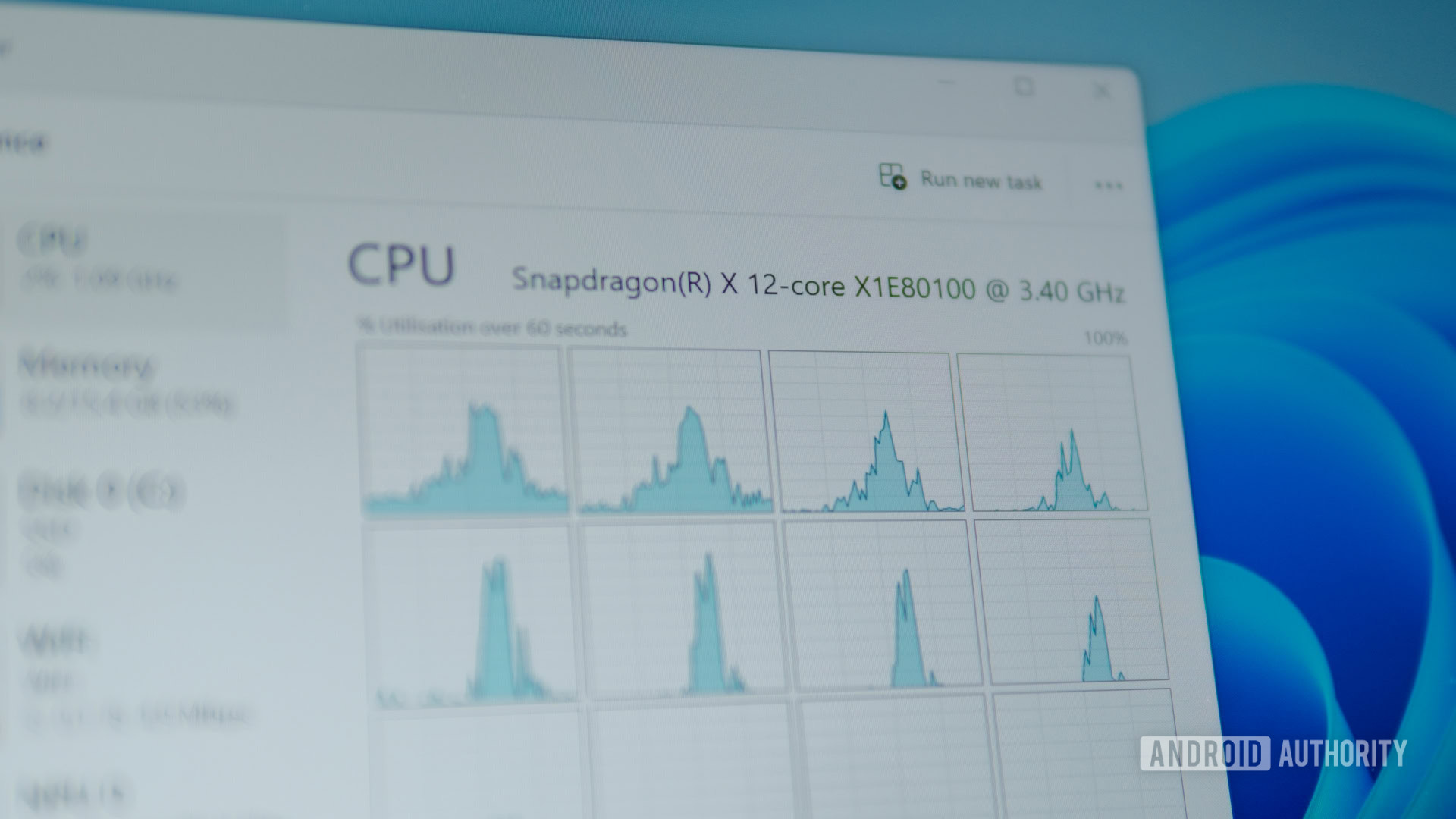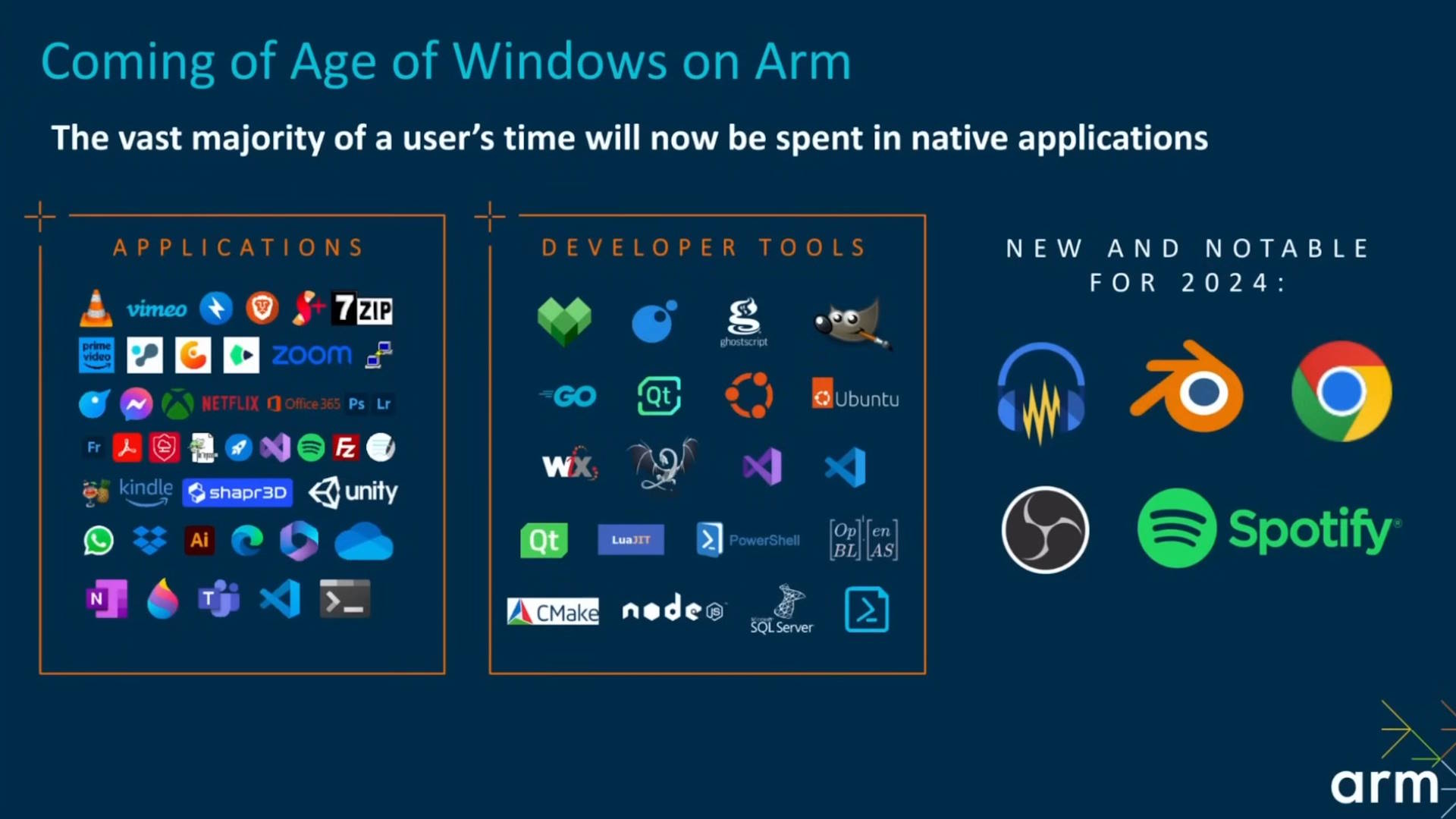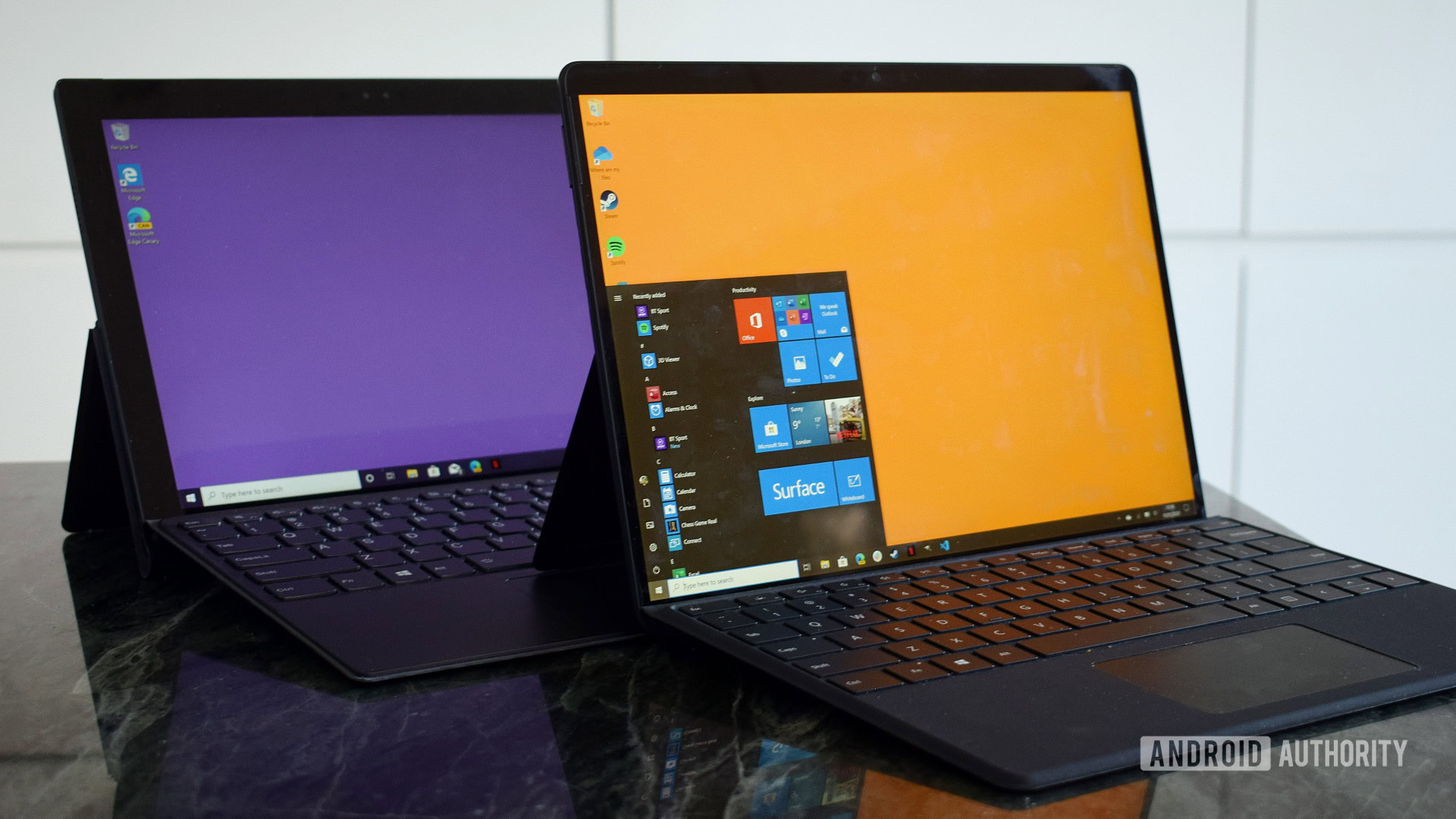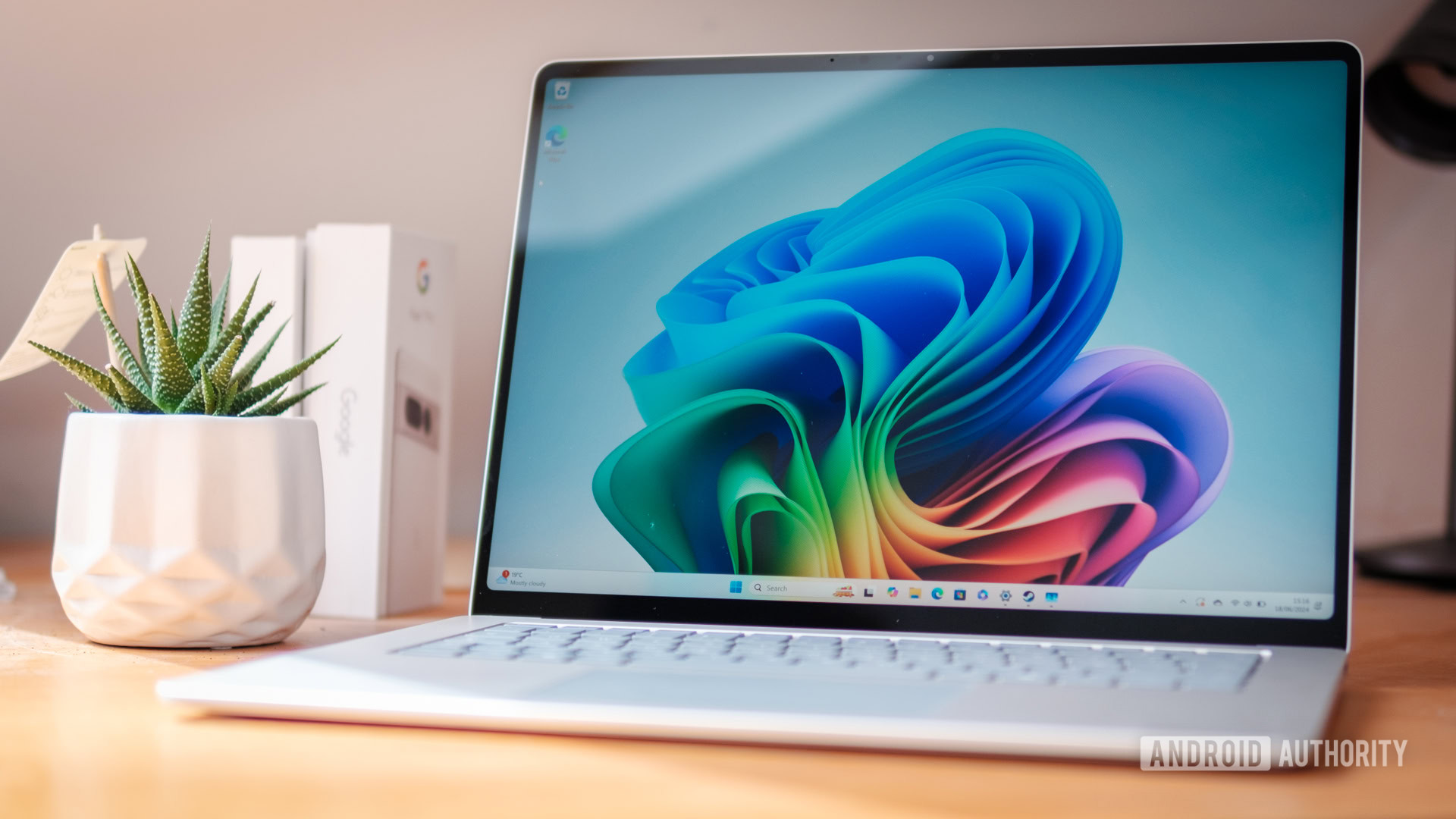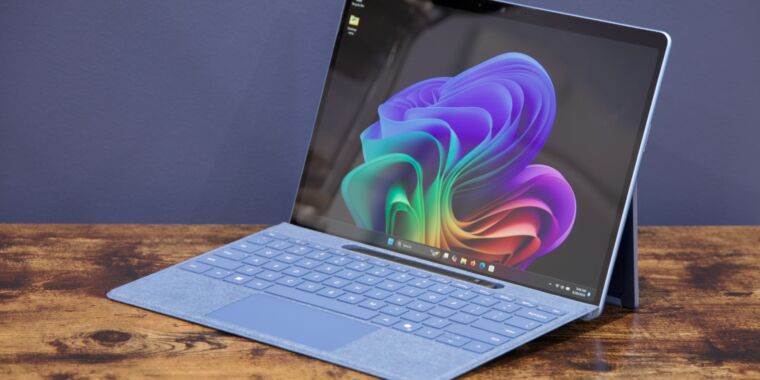
Microsoft's Surface Pro 11 and Laptop 7 mark a significant shift in the tech industry as they become the first flagship devices from Microsoft to exclusively use Arm processors. This move, which can be seen as an 'Apple Silicon moment' for Windows, was preceded by failed attempts such as Windows RT that lacked a familiar interface and couldn't run apps designed for Intel- and AMD-based PCs (Arstechnica).
However, the upcoming Windows 11 update is expected to bring performance improvements to emulating Intel and AMD code on Arm-based Windows laptops. Microsoft claims that 90% of total app minutes are in apps with native Arm versions, and popular apps like Netflix, Kindle, Handbrake, Unity, VLC and Microsoft Office are now available in Arm-native versions (AndroidAuthority).
The performance improvements for emulated apps on PCs running the Snapdragon X Elite processor include a 10% increase in Firefox speed, an 8% increase in single-core Cinebench r23 performance, a 4.5% increase in multi-core Cinebench r23 performance and an 8% decrease in HandBrake encoding time (AndroidAuthority).
The Surface Pro 11 and Laptop 7's impressive performance, coupled with their exceptional battery life that lasts roughly twice as long as PCs built using Intel CPUs, make them strong contenders in the market. However, it's important to note that some apps such as VPNs and older hardware devices that require custom drivers might not install or run properly on these Arm-based Windows machines (ZDNET).
The new Copilot Plus PCs from Microsoft, which are powered by Qualcomm's Snapdragon X processor, have the potential to disrupt the stagnant Windows PC industry that has been stuck in a rut with incremental updates to Intel CPUs. The Surface Pro 11 absolutely rocks, providing impressive performance and better battery life than Intel-based alternatives (ZDNET).
Despite these advancements, it's important to remember that emulation can lead to issues in some cases such as gaming performance (Fool).
